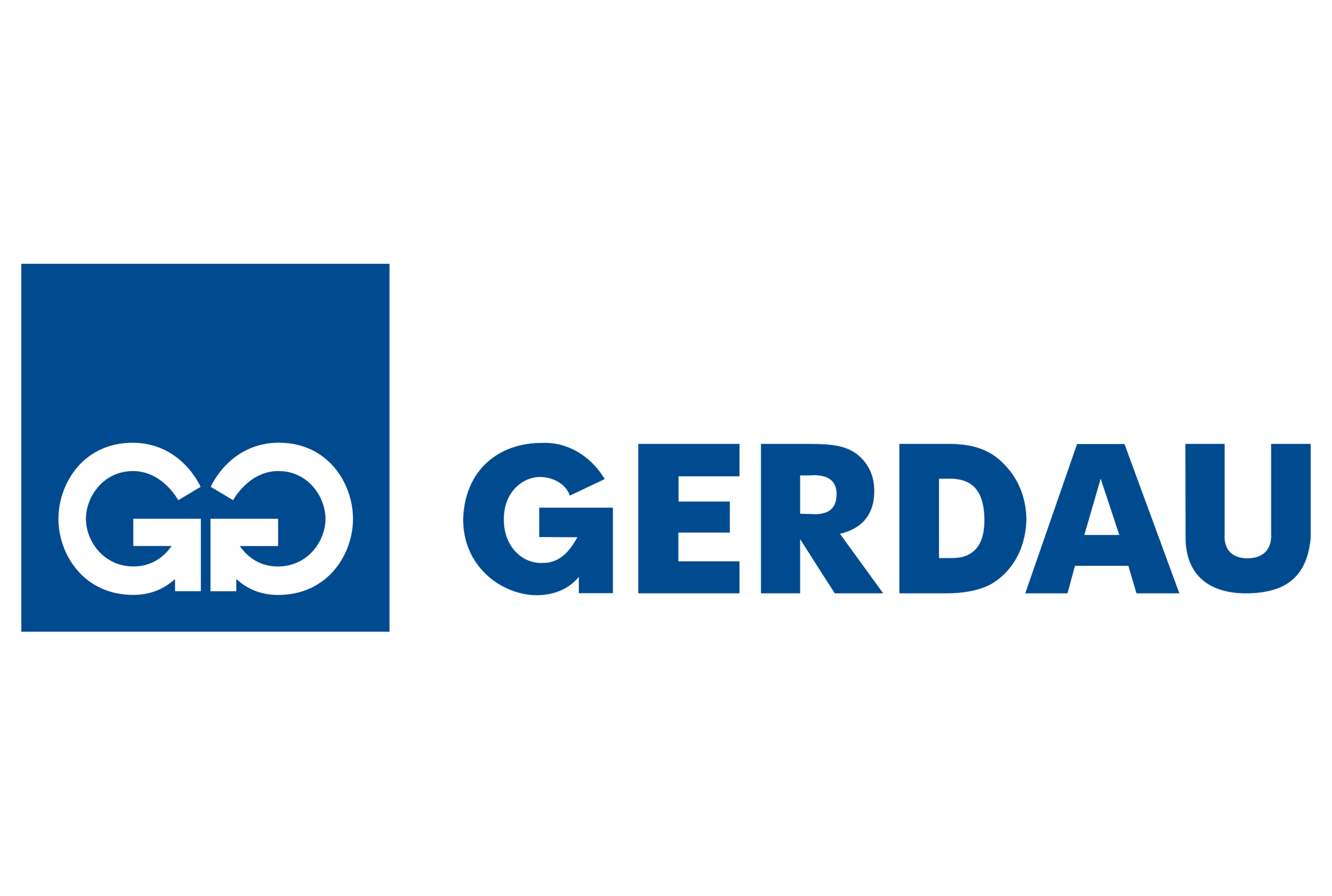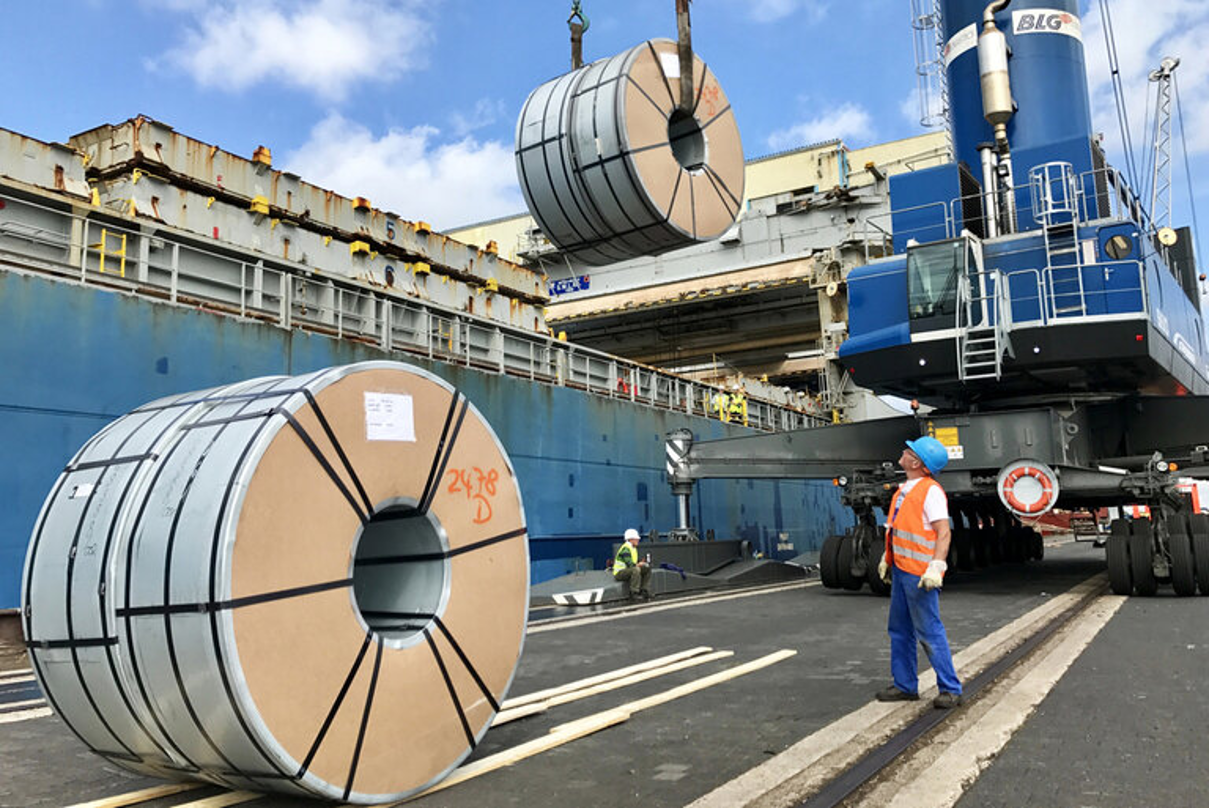Canada
October 7, 2025
US and Canada expect positive outcomes from tariff negotiations
Written by Kristen DiLandro
Canadian Prime Minister Mark Carney and US President Donald Trump told reporters at the White House on Tuesday that they’ll be formulating a trade deal that works for both nations.
US and Canada trade talks resume
Carney and Trump praised each other during the Tuesday, Oct. 7, press conference in the Oval Office. Both said they aimed to reach a mutually acceptable trade deal.
Carney has dialed back many of the retaliatory tariffs the Great White North placed on its Southern neighbor after Trump slapped the US ally with Section 232 and retaliatory tariffs. Trump said the tariffs curbed the danger of people crossing into the US from its northern border.
Trump’s imposition of punitive tariffs on Canada has led steel producers, such as Algoma Steel, to seek support for their business struggles stemming from the tariffs.
Trump stated that tariffs were an agenda item for the two leaders.
The Canadian Prime Minister said he expected the two nations would reach an agreement. He noted that Canada is the United States’ second-largest trading partner and its largest foreign investor.
Carney underscored a comment Trump made about the areas where the US and Canada compete.
He then added, “In the areas where we compete, we must come to an agreement that works, but there are many more areas where we are stronger together, and that’s what we’re focused on.”
Carney faces domestic pressure
In the lead-up to Carney’s visit, Canadian conservative Pierre Poilievre issued a warning to the Prime Minister. He said Canada must not “lose” in its discussions with the United States.
“US tariffs on Canada are twice as high as when you were elected, saying you would get rid of them. You promised ‘elbows up,’ but then caved on dollar-for-dollar counter-tariffs, the digital services tax and more while winning nothing in return for Canada,” Poilievre said.
US tariff confusion persists
US steel producers have lauded the president’s 50% Section 232 tariffs. The US made one concession for the UK, but it remains unclear whether the 25% tariff rate is in effect.
Steel and aluminum items included in the US-Mexico-Canada (USMCA) agreement, penned during Trump’s first term, have not been exempt from the Section 232 tariffs.
The agreement between North American nations is set to be renegotiated in 2026. Trump has not confirmed whether the US will sign a similar plan.







